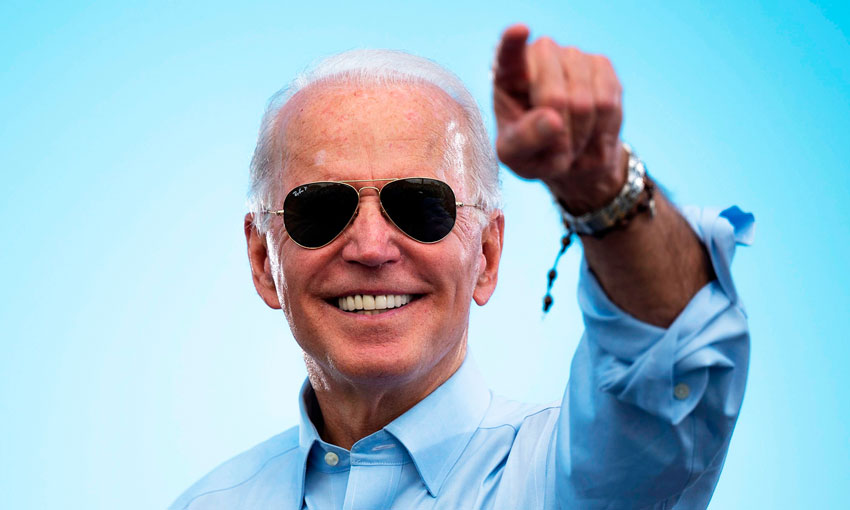DEMOCRATIC Party candidate Joe Biden has won the US Presidential election.
The latest reports had 290 state electoral college votes confirmed for President-elect Biden compared with 214 for President Trump.
Kamala Harris is to be the new Vice-president.
President Trump has so far refused to concede and has also flagged legal challenges.
President-elect Biden faces some stiff challenges with the possibility his Republican enemies may still control the Senate.
Trade expert for Rigby Cooke Lawyers, Andrew Hudson, said a hostile Senate could not stop the President passing executive orders such as those President Trump used to effect massive dumping tariffs and other trade initiatives.
But it did, he said, mean other legislation would be dependent on the ability of President Biden “to use his years of experience in the US Senate to build bipartisan support” and the approval of members of the new Biden administration such as the secretaries of State and Defence.
“There will probably be no direct effect on [Australia’s] trade relationship with the US – both presidential candidates have expressed support for the Australian relationship which should preserve our trade with the US including exemptions from the current high US tariffs on steel, aluminium and other manufactured goods,” Mr Hudson said.
“It is yet to be seen whether our Prime Minister can secure the type of close relationship with President Biden that he appeared to have with President Trump. At the least the US will look for allies against China in our region.”
Mr Hudson said one important question would be whether Biden would follow Trump’s aggressive trade policies or whether he would “wind them back”, including whether he would change the sections 232 and 301 duties and Australian exemptions or reverse Trump’s actions to block the operation of the WTO and consent to the appointment of new members to the UN appellate body.
Mr Hudson said President-elect Biden had said he would keep “fire to the feet of China” on perceived unfair trade practices in China.
“This should lead to the maintenance of the existing “Phase One” Agreement between the US and China and other agreements between China and the US with China being obliged to continue to buy substantial amounts of US goods,” he said.
“The wider issue is the approach to other international bodies such as the WHO which really needs positive US support.”
Mr Hudson said he didn’t believe a Biden victory would lead to a reduction in Chinese action against Australian exports.
“However, China may take the opportunity of possible early uncertainty in the US to escalate its trade actions against the US and Australia exporters and others such as an independent UK,” he said.
Mr Hudson said there was no immediate clarity on whether the US would now seek to re-engage with Iran and lead international efforts to re– engage Western countries with Iran on trade.
“Certainly, Australian exporters would be keen on movement on this issue as new US policies could allow our exporters to trade directly with Iran and receive payment for their products and services from Iran,” he said.
“At the moment, measures to allow payments from Iran would be of real assistance.”

